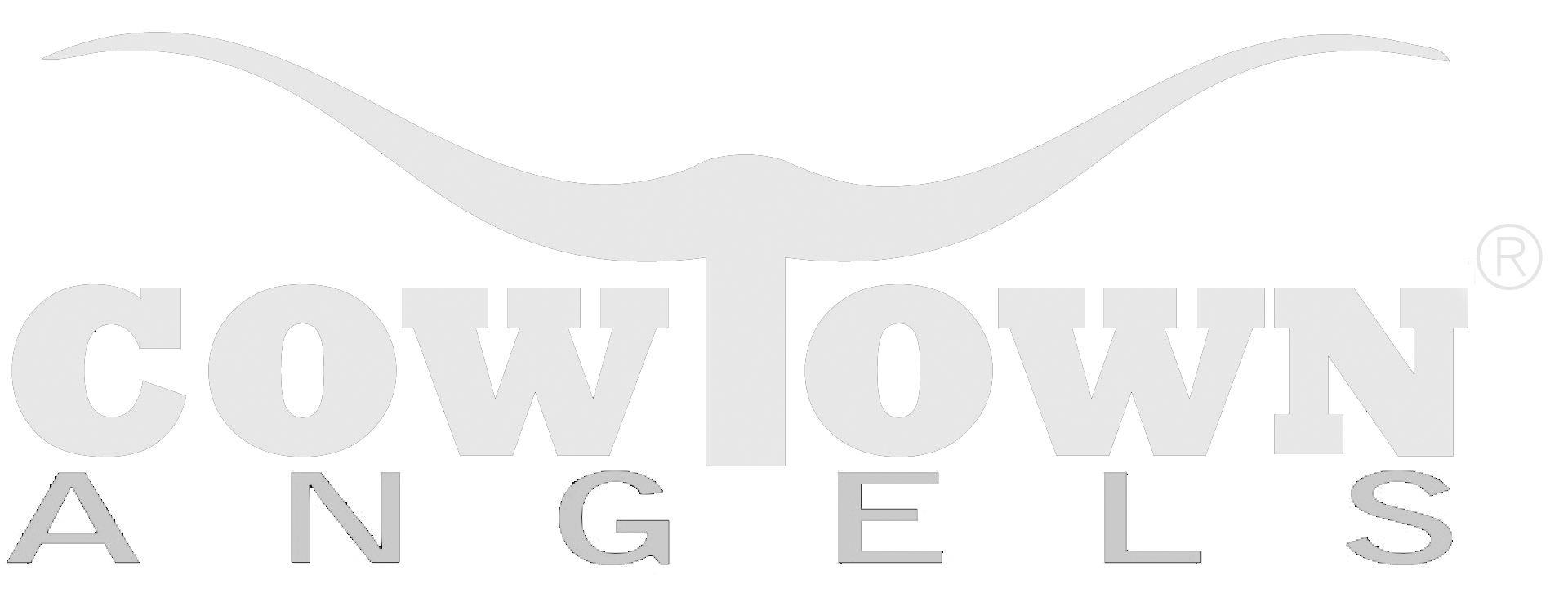Cowtown Angels: More dolphin tank than shark tank.
The drama and sense of urgency of Shark Tank has dazzled the U.S. for years. But is that how startup deals work in the real world?
Like Shark Tank, Cowtown Angels has a constant deal flow of startups hopeful of funding. But how it operates is more like a dolphin tank than a shark tank.
Since its inception in September 2012, Cowtown Angels, the largest angel investor network in Fort Worth, has been meeting almost monthly to hear pitches and scrutinize deals with early-stage companies. The angel network has invested more than $20 million in 46 startups and currently has 55 accredited investors.
As with Shark Tank, entrepreneurs make it to the ‘Show’ (called ‘Forum’ for Cowtown Angels) to present their company and investment opportunity. At this point, the companies already have been pre-screened to present by the screening committee (a select group of the angels).
The only thing standing between a founder and funding is the effectiveness of his/her pitch deck. Presenters with limited understanding of their proposed market don’t last long under the probing questions of the angels. And, as clear as the glass of a shark tank, the angels can see straight through unrealistic forecasts.
FREE DOWNLOAD: 202 QUESTIONS ANGELS ASK STARTUPS AFTER THE PITCH >>
It isn’t until after the founders leave the room (or now, Zoom room) that you start to see how this group operates. In contrast with Shark Tank, where investors viciously fight to secure the best deal for themselves, angel investors collaborate to figure out the best opportunities, if any. Debate among interested members may range from discussing the company valuation to arguing about whether the market size is limiting company growth. Executive expertise of the startup team always is a topic of conversation.
On the surface, Cowtown Angels and Shark Tank share the same spirit of connecting promising startups with talented and successful accredited investors. The key difference is collaboration versus competition. Although each Cowtown Angels member invests independently, they collaborate to make educated investment decisions by leveraging each member's industry expertise; the opportunity to pool capital and their valuable connections, and diversify portfolios, reduces their investment risk.
For example, a member who had retired from a major pharmaceutical company utilized her experience to provide technical expertise in the group's largest single investment to date. In January of 2014, Cowtown Angels members invested $750,000 in Encore Vision, a company developing a prescription eye drop treatment that hopes to put an end to reaching for your reading glasses. Encore Vision went on to exit for $465M. Not a bad payday for the angels.
One of the angels, Les Kreis, is a Fort Worth native who worked for 12 years at a Dallas hedge fund before launching Steelhead Capital Management. When a friend called to tell him about the angel investor network, he became an early member and now serves on the steering council (its leadership team).
Generally, Kreis says he and other Cowtown Angels investors are looking for opportunities to make 10 times their money over a five-year period. Because not all early-stage companies pan out, he says, angel networks allow investors to make a number of small investments and spread out the risk. So, if half the investments end up as zero, winners such as Encore Vision make up for it.
Being part of a group also allows investors to share their expertise. While a physician can evaluate the viability of a new drug or medical device, a finance expert such as Kreis can provide an accurate valuation. “It is, in my opinion, an exercise in collective capitalism,” he says.
Another successful Cowtown Angels portfolio company is E-Mist Innovations, which developed the proprietary spray technology used to disinfect the Dallas apartment of Ebola victim, Nina Pham last fall (This story made the front page of the New York Times.) E-Mist is one of the few companies that has actually benefited from COVID-19. It’s disinfectant sprayer was used to disinfect the White House.
So, what do the Cowtown Angels think of TV’s Shark Tank? Generally they enjoy the show, but recognize it’s just reality TV. Kreis says the valuations placed on companies often don’t make sense. And while the sharks are often aggressive, “we’re very gracious,” he says.
Want a taste of what it’s like to be a Cowtown Angel? We allow accredited investors to sit in on a Deep Dive and/or Forum to see what it’s like. Register to be a guest now >>

